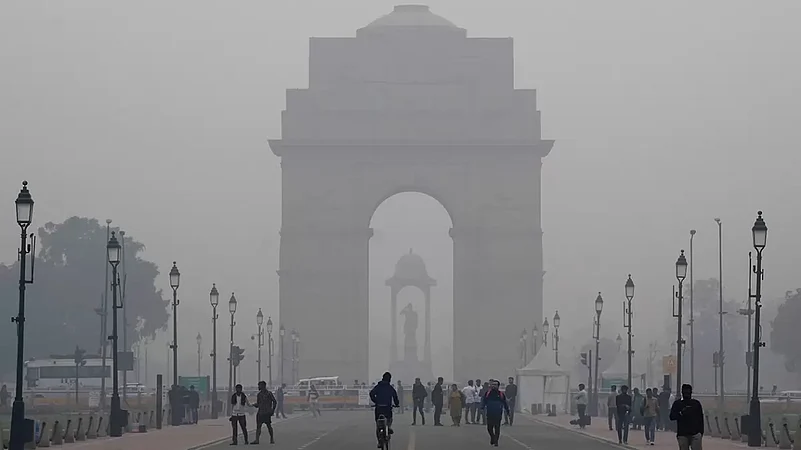The Commission for Air Quality Management asked Delhi and NCR states to implement all emergency measures, which also include work-from-home directives for 50 per cent of staff in government and private offices.
All medium and heavy goods vehicles not engaged in essential services are also banned in the capital by CAQM, a statutory body responsible for formulating strategies to combat pollution in the region.
The Delhi government has convened an emergency meeting scheduled for Monday to discuss the implementation of more stringent restrictions as part of the final stage of their air pollution control plan.
GRAP-IV implemented in Delhi-NCR
Under the final stage (Stage IV) of the Graded Response Action Plan, only CNG, electric, and BS VI-compliant vehicles from other states are allowed to enter Delhi, with exemptions granted to those involved in essential services.
These measures constitute the final stage, Stage IV, of the Centre's air pollution control plan, which is activated at least three days before the Air Quality Index surpasses the 450 mark in the capital. However, proactive implementation could not happen this time.
On Thursday, the pollution control body ordered a ban on non-essential construction work and specific categories of polluting vehicles.
The Delhi government has also announced the closure of all primary schools for two days in an effort to safeguard young children from health-threatening pollution.
The city's air quality index worsened from 415 at 4 pm on Saturday to 463 at 3 pm on Sunday, due to unfavourable meteorological conditions and a spike in stubble-burning incidents in neighbouring states.
The air crisis is not confined to Delhi alone; several cities in neighbouring Haryana, Rajasthan, and Uttar Pradesh have also reported hazardous air quality.


























